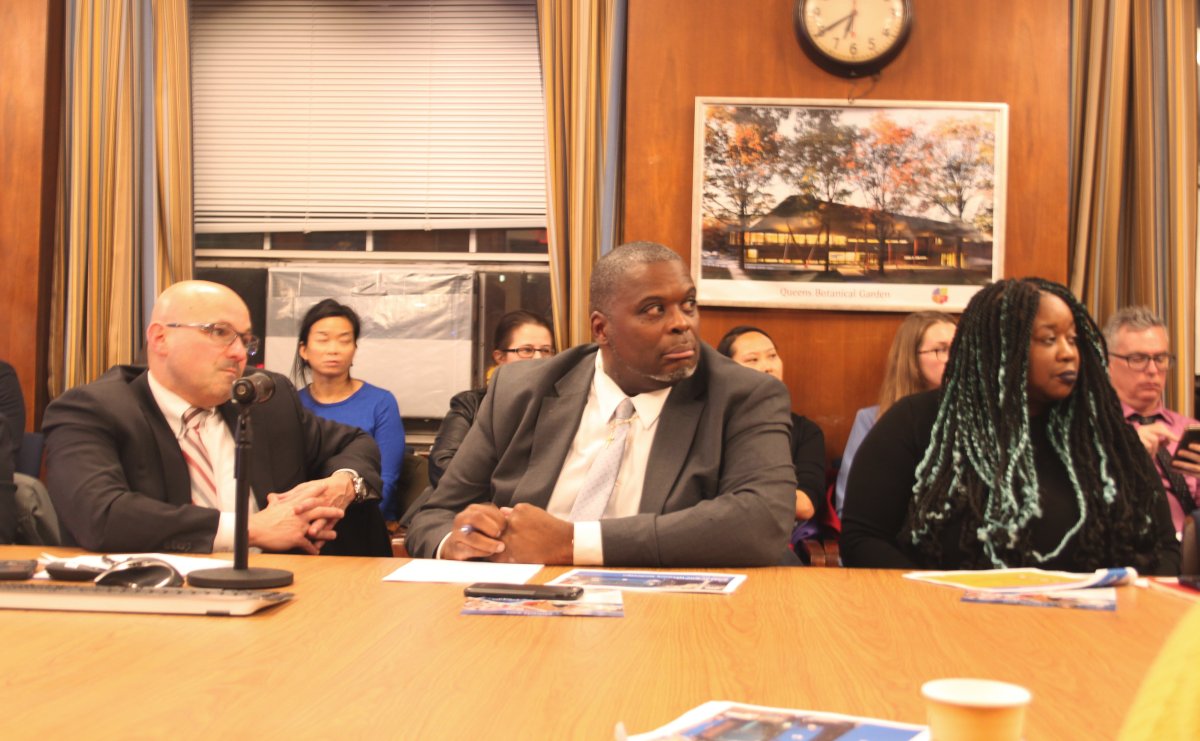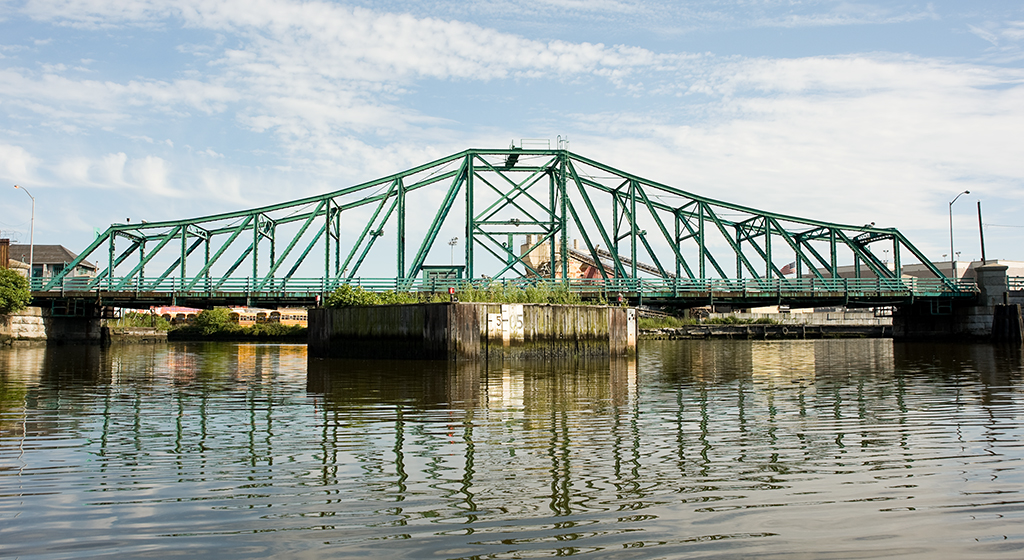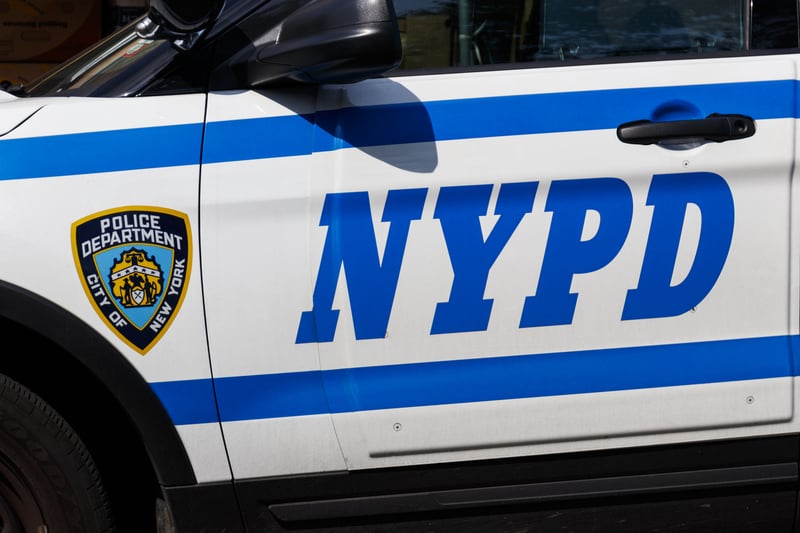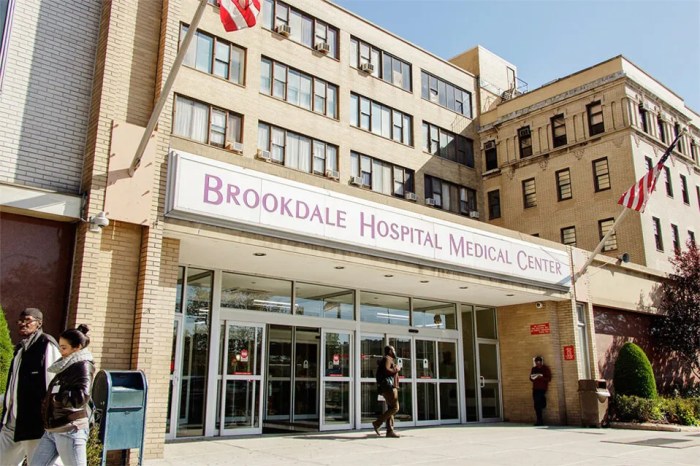BY ANGELICA ACEVEDO
MTA NYC Transit officials paid a visit to Queens Borough Hall Monday night to present a “sneak peek” of what will be a transformative redesign plan for the borough’s bus network, as President for MTA Bus Company and Acting Senior Vice President of New York City Transit (NYCT) Department of Buses Craig Cipriano said.
During the Dec. 16 Queens Borough Board meeting, the MTA’s Department of Buses Chief Officer Mark Holmes gave a brief presentation of the redesign draft plan. The draft is based on the issues they heard and studied from their community outreach earlier this year — which are all outlined in their Existing Conditions Report that was released in September.
The main issues Holmes touched on in the current bus system were the borough’s historically tangled 107 routes, along with redundant routes, bus stops that are too close to each other, overcrowding, slow bus speeds, decline in ridership (especially for express buses to Manhattan during off-peak hours and weekends) and inefficient inter-borough connections (particularly in northeast and southeast Queens).
To fix this, the MTA has proposed several alternatives, including a new grid of routes for a simplified network that allows for easier transfers and fewer redundancy, fewer turns and bus stops for faster travel time, and more service between Brooklyn, the Bronx and Manhattan.
Holmes stressed throughout the meeting that the MTA wants to start completely from scratch with a “blank slate approach,” for their Queens redesign project — unlike that of their Bronx and Staten Island projects.
“This is a complete and utter re-drawing of the bus network,” Holmes said.
According to an MTA spokesperson, the Bronx and Staten Island projects are a few months ahead in the process and can serve as an example of what Queens’ redesign will look like. The spokesperson added that the Bronx and Staten Island’s projects will differ from what they plan for Queens though, being that their networks weren’t as circuitous.
Deputy Borough President Sharon Lee led the meeting in the Borough Hall conference room, which was packed with the Borough Board members and Council members or their representatives.
Lee thanked the MTA officials for giving them a first look at the draft plan, and added that they take into consideration several other issues, such as the other overhaul projects in the borough like LaGuardia Airport’s AirTrain.
“We are the biggest borough here in Queens with over 108 square miles, a lot of ground to cover, a lot of which do have that subway desert that we talked about and that will be relying on the surface level of transportation options that you’ve outlined,” Lee said.
Council Members I. Daneek Miller, Adrienne Adams and Barry Grodenchik were some of the most outspoken during the Q&A portion of the meeting. They stressed that Queens needs more inter-borough connectivity than with the outer boroughs, among other concerns.
MTA’s Director of Community Affairs Lucille Songhai mentioned that the MTA promises to visit all 14 community boards and other civic associations in order to let the community know their plans and get their feedback.
They also want to push people to use Remix, an app that allows customers to explore the proposed new system and leave comments about specific routes and stops.
Some community board chairs questioned their ability to visit every single community board and civic association, to which Songhai responded that the MTA “will spare no expense or staff” in order to do so.
The official Queens bus network redesign plan will be released as a book (the Bronx book was more than 300 pages long with detailed profiles of each bus route, for instance) on Dec. 30th, which will then begin another round of public review and comment.
The official redesign plan will be released in spring 2020.


















